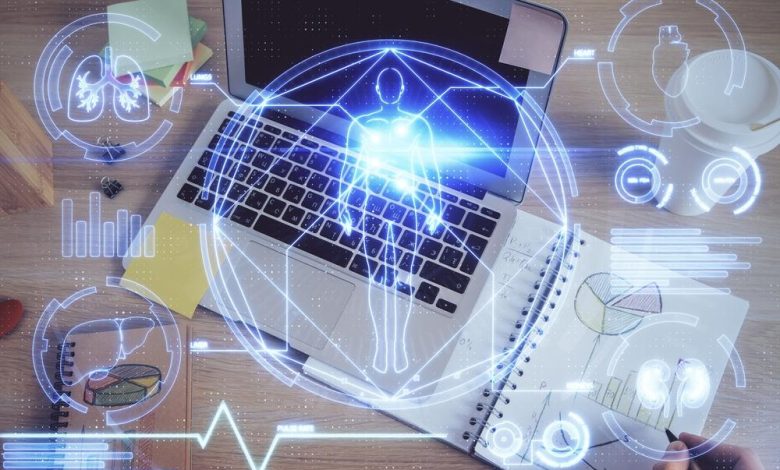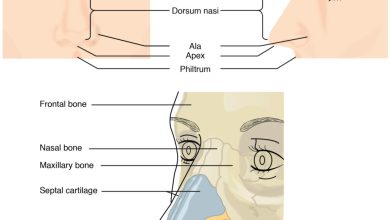The Risks of Relying on a Virtual Health Assistant

Last Updated on March 7, 2024 by admin
In recent years, healthcare providers have been adopting virtual health assistants, also known as chatbots. While these digital tools can offer some advantages, several disadvantages should be considered before implementing them in medical practice.
Computer programs called chatbots are created to mimic human speech. They are commonly used to provide customer service or collect user data. Chatbots are being utilized in the healthcare sector to screen patients, set up appointments, and give patients general health information.
There are several risks associated with using chatbots in healthcare. First and foremost, chatbots cannot replace the human interaction that is so important in the doctor-patient relationship. In addition, chatbots may not be able to accurately diagnose patients or provide them with personalized treatment plans. Finally, chatbots may inadvertently violate patient privacy by collecting and storing sensitive medical information.
The Dangers of Relying on a Virtual Assistant for Health
Risk #1: Chatbots Cannot Replace Human Interaction
The doctor-patient relationship’s most crucial element is the human connection. This interaction allows doctors to build trust with their patients and develop a rapport that can enhance the quality of care. Virtual health assistants, or chatbots, cannot provide the same level of human interaction as a live doctor or nurse.
Risk #2: Chatbots May Not Be Able to Accurately Diagnose Patients
Another risk associated with virtual health assistants is that they may not be able to accurately diagnose patients. While chatbots can collect data from patients and provide them with general information about their condition, they cannot replace the diagnostic skills of a trained physician.
Risk #3: Chatbots May Inadvertently Violate Patient Privacy
Finally, another risk associated with using chatbots in healthcare is that they may inadvertently violate patient privacy by collecting and storing sensitive medical information. When patient data is stored on a computer server, it is susceptible to hacking and other cyber security threats. If it falls into the wrong hands, this information could be used for identity theft or other illegal acts.
Are VHAs the Future of Healthcare?
There has been a lot of hype recently about the potential for virtual health assistants, or VHAs, to revolutionize the healthcare industry. While these digital tools offer significant benefits, such as improving access to care and reducing costs, some downsides must be considered. One primary concern is that VHAs may not be able to provide patients with the same level of quality care as live physicians and nurses. Additionally, they may be vulnerable to attacks from hackers or other cyber security threats, which could compromise patient privacy. Despite these risks, many experts believe that VHAs still have a lot of potential to reshape healthcare for the better. Whether or not they will truly become the future of healthcare remains to be seen.
Should You Trust Your Virtual Health Assistant with Your Data?
When using virtual health assistants, or VHAs, in healthcare, there are benefits and risks that must be considered. On the one hand, these digital tools offer several advantages, such as improving access to care and reducing costs. However, they may also pose security risks, as they collect and store sensitive patient data vulnerable to hacking and other cyber threats. Additionally, VHAs may not be able to provide patients with the same quality care as live physicians and nurses. As such, it is essential to carefully weigh the pros and cons of using VHAs before deciding whether or not to trust them with your data. Ultimately, the decision will depend on your individual needs and preferences regarding healthcare.
Is it Time to Ditch Traditional Healthcare in Favor of a VHA?
Virtual health assistants, or VHAs, have recently generated many discussions over their potential to radically transform the healthcare sector. While many experts agree that these digital tools offer significant benefits, such as improving access to care and reducing costs, some downsides must be considered.
One primary concern is that VHAs may not be able to provide patients with the same level of quality care as live physicians and nurses. This is because they often rely on automated algorithms and other technological solutions, which can result in misdiagnoses or inaccurate treatment recommendations.
Additionally, VHAs are vulnerable to attacks from hackers and other cyber security threats, which could compromise patient privacy. For these reasons, some experts believe it may be time to ditch traditional healthcare in favor of VHAs.
Others argue that it is too soon to make this determination, as the capabilities and risks of VHAs have not yet been fully explored or understood. Ultimately, whether or not to trust VHAs with our health data will depend on various factors, including individual needs and preferences regarding healthcare.
What Does the Future Hold for Virtual Health Assistants?
The future of virtual health assistants is a topic of much debate among experts in the healthcare industry. Some believe that VHAs has the potential to completely revolutionize healthcare, offering benefits such as improved access and lower costs.
However, others argue that there are also downsides to relying too heavily on these digital tools, including concerns about security and the quality of care provided. To fully understand the risks and benefits of using VHAs, it will be crucial for researchers and policymakers to continue exploring this technology and gathering data from real-world applications.
Ultimately, whether or not the future holds widespread adoption of VHAs remains to be seen. However, with ongoing research and innovation, these digital technologies may transform the healthcare landscape.
Conclusion:
While there are some advantages to using virtual health assistants, or chatbots, several risks should be considered before implementing them in medical practice. These risks include the inability of chatbots to replace human interaction, the potential for inaccurate diagnosis, and the violation of patient privacy. Before implementing chatbots in your practice, carefully weigh the risks and benefits.




